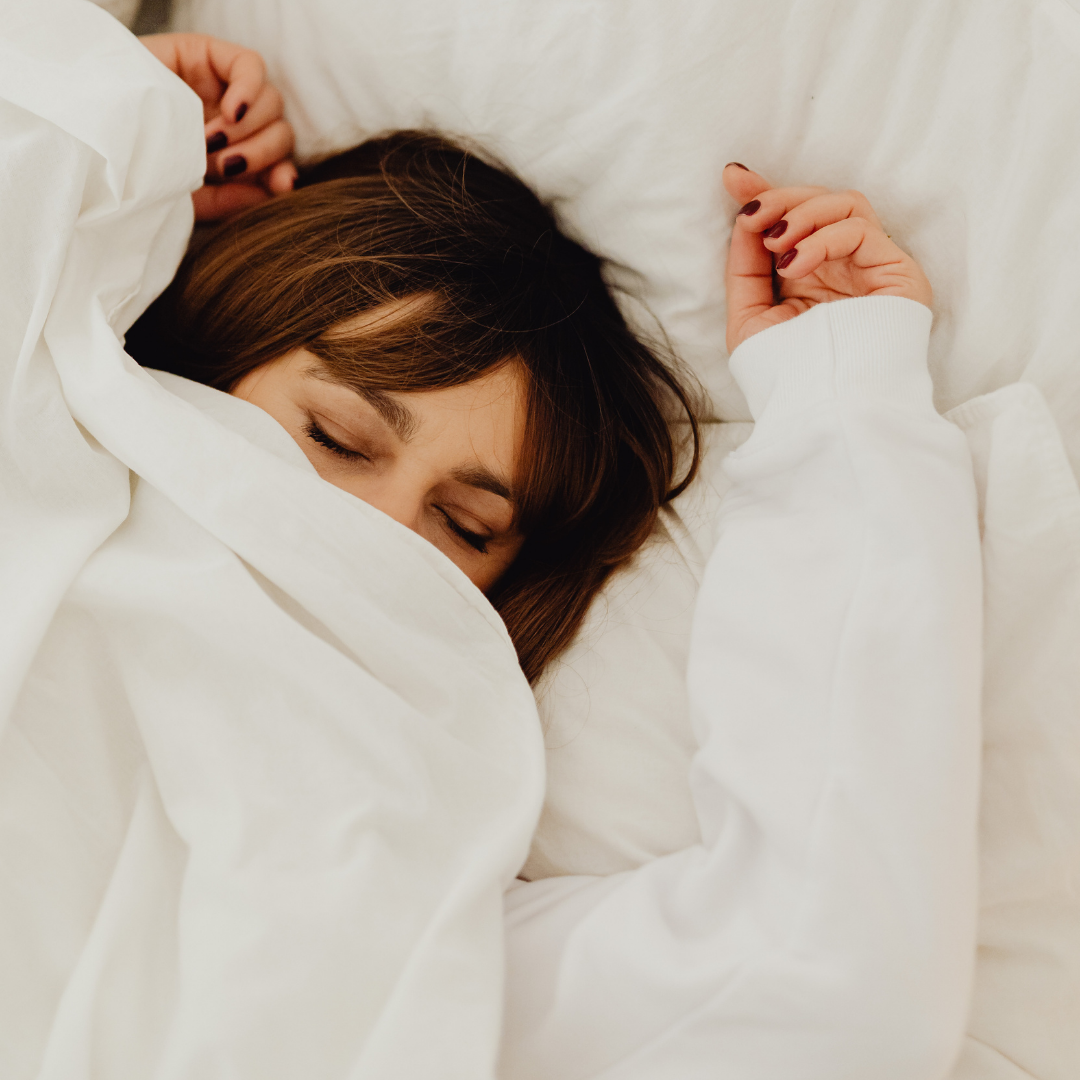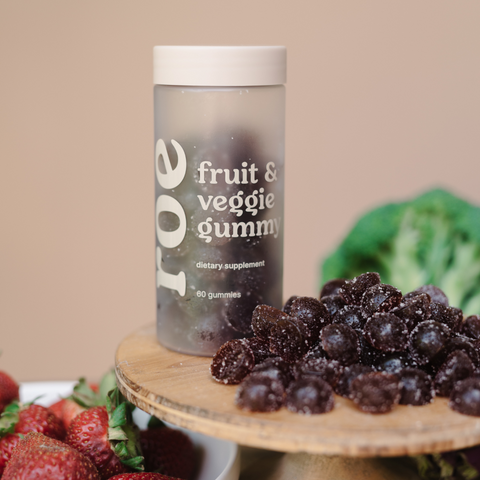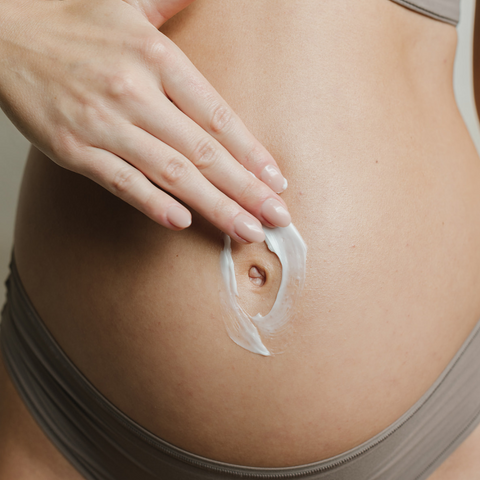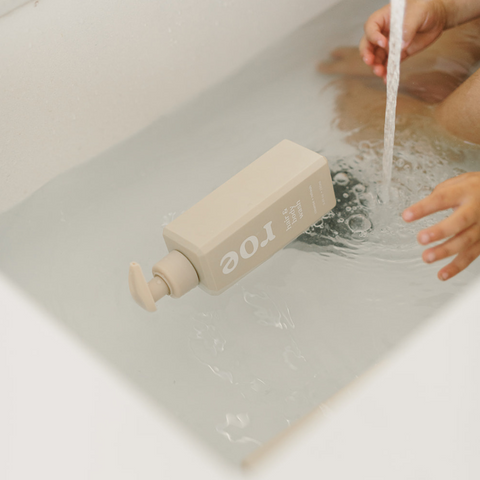GET A MAJORITY OF YOUR TO-DO LIST DONE BEFORE BED
Let's face it, it's time for bed, and the moment you hit your pillow, you realize the list of things you were hoping to finish today didn't get done. Here's a simple solution. Try out a calendar. Make it cute so that you are excited about using it. Whether you use a notebook and pen or your cell phone, find something that works for you. But avoid planning too far ahead. You might add unnecessary stress if tasks need attention on a case-by-case basis. When you get into the habit of setting a to-do list by the day, you'll notice fewer sleepless nights with the constant worry of what needs to get done.

SLEEP WITH A WHITE NOISE FAN
"What is white noise, and why would it help me fall asleep?". White noise is an audible sound containing multiple frequencies that function like an untuned radio or television station.¹ Most people refer to this as sounding like static. In most instances, but not all, people fall asleep quicker because the sound neutralizes silence and especially loud noise if you live in a busy area.² Not only will it help a parent sleep better, but it will also help a baby sleep better since babies are easily disrupted and often need something to cancel out interfering sounds.³

WHEN YOU'RE AWAKE, MAKE THE MOST OF IT
Make the most of that to-do list when you're awake. When you fall asleep, allow yourself to stay asleep and get the rest you need. Fight the urge to sacrifice sleep to feel productive. When you're raising kids, your sleep pattern will constantly change. So, be aware of those changes in sleep and soak up all the time you're awake to feel productive. If you have extra hands in your house, don't be afraid to delegate those chores. Remember, spare time is rare, and taking advantage of a little grounding and recovery is crucial to getting the sink full of dishes washed.

AVOID SCREENTIME RIGHT BEFORE BED
Put your head to rest, mama! Screen time before bed keeps your brain from winding down and takes away time from getting decent rest. This happens because blue light emits off of your screen and can disrupt the effectiveness of your brain to create melatonin. When your brain cannot access melatonin, it is difficult for your body to wind down.⁴ The more that you engage with content on your screen, the more deceiving it is to your mind that it needs to stay alert. The night after doom-less scrolls sometimes alters your short rise in the morning to a half-hour rise because your sleep cycle deranges.

DRINK ENOUGH WATER
Not drinking enough water before rest can cause an astounding amount of dehydration in your body. One way you lose hydration is from how you breathe at night. If you're a mouth breather, you are susceptible to losing more water.⁵ If you're a nose breather, you have better chances of staying hydrated. Recommended water intake varies from person to person, but you can drink about 2.5 and 4.5 liters of water a day.⁶ Fluids don't only come from water. They can come from the food you eat, teas, flavored waters, smoothies, vegetables, fruits, coffee, etc.⁷ If you absorb too many fluids, you may frequently be urinating during the night. So please don't overdo it!

TEST OUT SLEEP TRAINING FOR YOUR BABY
Test out sleep training for your baby at about four months old since they no longer require to be fed at night and discover how to self-soothe. Ideally, sleep training methods take about 3-4 nights for your child to adapt.⁸ A few tips before trying a new sleep training method; change their diaper, feed them right before bed, and make their crib comfortable.⁹ A few ways to sleep train are the Cry-it-out method, Ferber method, Pick-Up Put-Down method, The Chair method, or Bedtime Fading method. If several sleep methods don't work for you, THAT'S OKAY. Please don't beat yourself up about it. You are not the only one struggling to get the baby to fall asleep and, most importantly, stay asleep!

AVOID EXCESSIVE AMOUNTS OF CAFFEINE
Caffeine sometimes has a negative connotation. It's better to focus on ingesting in moderation. If you need caffeine to function, be aware of the time of day you are consuming it. See if you can refrain from caffeine in high dosages of 400 mg 3 hours before bedtime for fewer sleep disruptions.¹⁰ We understand the need to get a little boost of energy, so by all means, you do you!

ROOM DARK, TEMPERATURE JUST RIGHT
Everyone is different as far as what helps them feel comfortable at night. Consider the temperature and the amount of light in your room. To regulate the temperature of your bedroom, shut all blinds and curtains to reject heat from building up in your home during the day. Optimal sleep temperatures can range between 60 to 67 degrees Fahrenheit.¹¹ As far as light goes, try keeping your room dim or pitch black so you don't abolish your melatonin production.¹²

DON'T GUILT YOURSELF, MAMA. YOU'RE DOING GREAT!
Sometimes, all it takes for a good night's sleep is recognizing that you have a lot on your plate as a parent. It can feel like a balancing act between kids and rest. A guilt trip about how you are as a parent causes you to lose more sleep. Don't be afraid to ask for help if you need it; you deserve some recovery. Take a breath; you're doing great, mama.

Sources:
1-“What Is White Noise?” Sleep Foundation, 11 Mar. 2022, https://www.sleepfoundation.org/noise-and-sleep/white-noise.
2-Messineo, Ludovico et al. “Broadband Sound Administration Improves Sleep Onset Latency in Healthy Subjects in a Model of Transient Insomnia.” Frontiers in neurology vol. 8 718. 21 Dec. 2017, doi:10.3389/fneur.2017.00718
3-Spencer, J A et al. “White noise and sleep induction.” Archives of disease in childhood vol. 65,1 (1990): 135-7. doi:10.1136/adc.65.1.135
4-“Why It's Time to Ditch the Phone before Bed.” SCL Health, https://www.sclhealth.org/blog/2019/09/why-it-is-time-to-ditch-the-phone-before-bed/.
5-Svensson, Sophie et al. “Increased net water loss by oral compared to nasal expiration in healthy subjects.” Rhinology vol. 44,1 (2006): 74-7.
6-Armstrong, Lawrence E, and Evan C Johnson. “Water Intake, Water Balance, and the Elusive Daily Water Requirement.” Nutrients vol. 10,12 1928. 5 Dec. 2018, doi:10.3390/nu10121928
7-Vitale, Kenneth, and Andrew Getzin. “Nutrition and Supplement Update for the Endurance Athlete: Review and Recommendations.” Nutrients vol. 11,6 1289. 7 Jun. 2019, doi:10.3390/nu11061289
8-hollowc2. “When and How to Sleep Train Your Baby.” Cleveland Clinic, Cleveland Clinic, 3 May 2021, https://health.clevelandclinic.org/when-and-how-to-sleep-train-your-baby/#:~:text=How%20long%20does%20sleep%20training,longer%20than%20others%2C%20but%20Dr.
9-hollowc2. “When and How to Sleep Train Your Baby.” Cleveland Clinic, Cleveland Clinic, 3 May 2021, https://health.clevelandclinic.org/when-and-how-to-sleep-train-your-baby/#:~:text=How%20long%20does%20sleep%20training,longer%20than%20others%2C%20but%20Dr.
10-Drake, Christopher, et al. “Caffeine Effects on Sleep Taken 0, 3, or 6 Hours before Going to Bed.” Journal of Clinical Sleep Medicine, 15 Nov. 2013, https://jcsm.aasm.org/doi/10.5664/jcsm.3170.
11-Team, Family Health. “The Best Temperature for Sleep.” Cleveland Clinic, Cleveland Clinic, 20 Dec. 2021, https://health.clevelandclinic.org/what-is-the-ideal-sleeping-temperature-for-my-bedroom/.
12-“How to Make Your Room Dark for a Good Night's Sleep.” Sleep Foundation, 22 Apr. 2022, https://www.sleepfoundation.org/bedroom-environment/making-your-room-dark.








